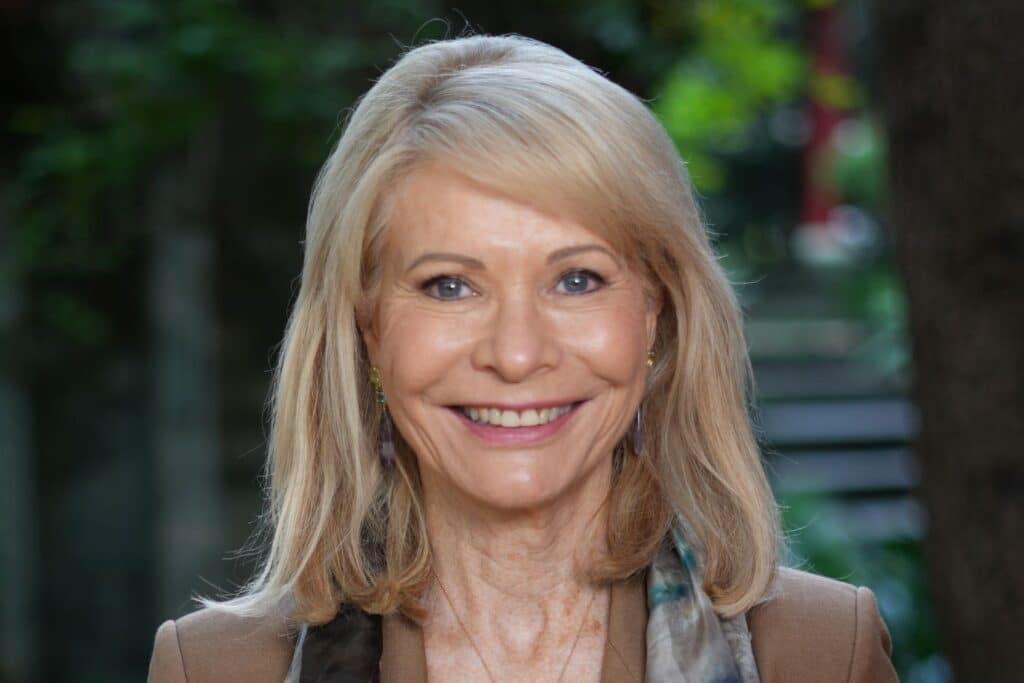After a long day, there is no better feeling than collapsing in bed. But many of us can relate to the hours-long phone scroll we are so easily tempted by that eats into our precious sleep time.
Sleep is an underrated, undervalued remedy not just for our physical health, but also our mental health. In fact, people who sleep less are at higher risk of cold and flu infections, chronic diseases, diabetes and poor mental health.
But up to 30 per cent of the population experience problems with falling or staying asleep, and the average night’s sleep for an adult is 6.5 hours. This is significantly lower than 60 years ago, where the average was 8.5 hours.
No one is more passionate about this aspect of health than Dr Carmel Harrington. She is an Australian sleep scientist and best-selling author, who has been researching the benefits of sleep for 20 years. She is now the Managing Director of Sleep for Health and an Honorary Research Fellow at the Westmead Children’s Hospital in Sydney.
Dr Harrington will be speaking at the the 2024 Women’s Health Summit in Sydney on September 4. We recently asked Dr Harrington some questions about the importance of a good night’s sleep – and why we can be so quick to give it up.
1. What is one interesting fact about sleep?
So many interesting facts:
- alcohol is a sleep stealer.
- we do not require less sleep in old age.
- exercising after 7pm can delay sleep onset.
- Lack of sleep decreases our immunity as it diminishes our killer cell activity.
2. About one in three adults sleep less than seven hours per night and are chronically sleep deprived. Why are people sleeping less – and is it an issue that’s affecting women in any particular way?
The average sleep duration in the early ‘60’s was 8.5 hours – that’s now down to 6.75 hours during the working week. I think we are sleeping less because we have lost the discipline around sleep and are choosing to swap out sleep for wakefulness. The reality is that 60 years ago there wasn’t much to do after dark, and by 11pm most the TV channels and radios stopped transmitting. Our world today is filled with light and action and many of us don’t know how to flip the off-switch.
We are currently seeing an increase in mental health issues in our young women and we know that this group is getting far less sleep than they need.
3. What’s one key thing you’re working on right now that you’re really excited about?
The relationship between poor sleep and the development of poor mental health has finally been recognised and our community needs to be educated about this. Parents need to know the importance of setting rules around device usage for their children and this is something I am very much concerned with.
4. Can you share a key thing you regularly do (or aspire to do more) that really supports your wellbeing?
I really make a big effort to have a regular go to bed and get up time. I’m not perfect as I love a party, but by and large, I manage to do this 6/7 nights. And even on those nights I stay up a bit later I do not extend my wake up time by more than 1 hour.
5. What do you want more women to know about their health?
Sleep underpins our physical and mental health. It affects our ability to think and behave well and to experience joy. After puberty women require on average 20 minutes more than men and will do so for the rest of their lives. Women need to ensure that they get the sleep they need and not match it to their partner’s need.
Get tickets and find out more about the 2024 Women’s Health and Wellbeing Summit here.


